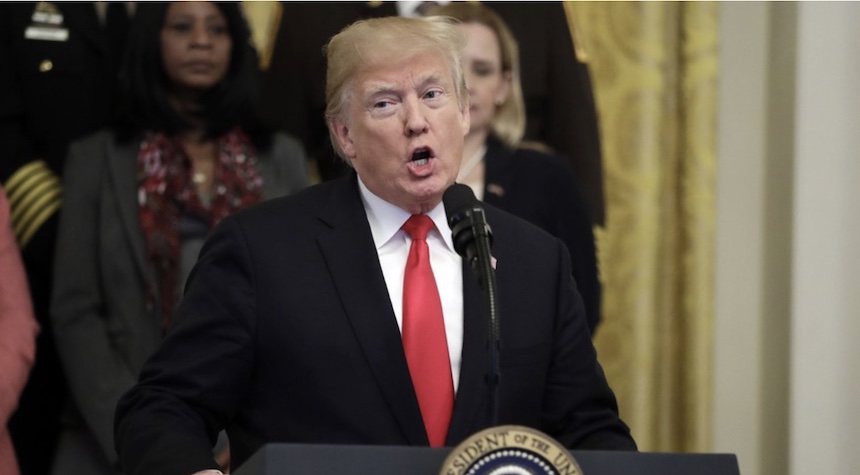Donald Trump’s legal team has filed a request to modify the restrictive protective order proposed by federal prosecutors last week in connection to the special counsel’s investigation into the 2020 election. In a comprehensive 29-page submission, Trump’s attorneys proposed amendments that aim to uphold the First Amendment rights of both the former president and the public.
In their filing, Trump’s lawyers argued against the government’s broad proposal, which they deemed excessive. Instead, they urged U.S. District Judge Tanya Chutkan of Washington, D.C., to adopt a more balanced approach, protecting only genuinely sensitive materials from public disclosure while respecting the importance of free political speech.
The legal filing from Trump’s team included specific revisions that would narrow the scope of limitations suggested by the government. One significant modification would permit Trump to publicly disclose recordings and transcripts of witness testimonies, a move that prosecutors initially sought to restrict.
The government’s original proposal sought to prevent Trump from sharing sensitive materials, including “recordings, transcripts, interview reports, and related exhibits of witness interviews.” In response, Trump’s legal team offered a refined definition of sensitive materials as “information concerning the government’s confidential sources or materials that could compromise witness security.”

However, this wording would necessitate the judge’s involvement in determining which materials genuinely posed a risk, potentially consuming considerable court time.
Prosecutors issued a response on Monday evening, supporting their initial protective order proposal. They argued that their order facilitates efficient discovery sharing with the defense and aligns with established practices. They criticized Trump’s proposal for seemingly aiming to exploit media coverage to influence the case rather than relying on courtroom proceedings.
Notably, prosecutors had pointed to Trump’s social media posts as evidence supporting the need for restrictions on public disclosures. One of Trump’s posts on his Truth Social platform read: “IF YOU GO AFTER ME, I’M COMING AFTER YOU!” Prosecutors believed that Trump’s potential release of grand jury transcripts or details could intimidate witnesses and undermine the fairness of the case.
In their latest filing, Trump’s attorneys countered that the mentioned social media post constituted general political speech and was not directly related to the case at hand.
Judge Chutkan had mandated a response from Trump’s legal team by 5 p.m. ET on Monday. In her subsequent order, Chutkan indicated her intention to convene a hearing regarding the divergent proposals within the week. She urged both parties to suggest two dates and times before Friday for the upcoming hearing.
Trump had been arraigned the previous week on various charges, including conspiracy to defraud the U.S. He pleaded not guilty and publicly refuted the allegations.
Earlier on the same day, Trump used his Truth Social platform to suggest that his First Amendment rights were being infringed upon, specifically targeting Judge Chutkan and referring to her as someone’s “number one draft pick,” implying bias and demanding her recusal.

The indictment acknowledged Trump’s right to express opinions publicly and challenge election results through lawful channels. However, it underscored the distinction between protected speech and actions that unlawfully discount valid votes.
Judge Chutkan, appointed by President Obama, had previously denied Trump’s request to halt the House Jan. 6 committee’s access to White House documents related to the Capitol riot. She was randomly assigned to preside over proceedings in the 2020 election case and plans to set a trial date during a hearing scheduled for August 28.
This case is one of two where the former president faces charges. A separate indictment alleges Trump’s involvement in obstructing an ongoing investigation. A judge in that case, Aileen Cannon, a Trump appointee, raised questions about the propriety of using out-of-district grand jury proceedings in Florida and Washington and instructed federal prosecutors to address these concerns by August 22.
Cannon had previously issued a protective order in a case involving classified documents, preventing Trump from sharing or retaining evidence the government intends to provide to him.
A comparable protective order was also established in New York, where Trump confronts charges related to falsifying business records tied to hush-money payments during the 2016 presidential campaign. Trump has pleaded not guilty to these charges.










